The FDA Makes Announcements Related to Smoking and Nicotine Addiction
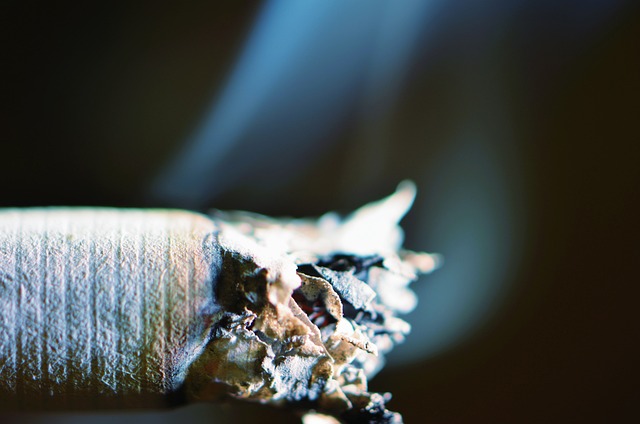 2025 opened with announcements from the U.S. Food and Drug Administration (FDA) about cessation of smoking and the reduction of nicotine addiction. The first of the two announcements was a Notice of Proposed Rulemaking. This would call for a reduction in nicotine in combustible tobacco products to levels that are not addictive. This has been requested by public health advocates since 2009’s Family Smoking Prevention and Tobacco Control Act, which authorized such a change. The agency has set out a comment period that from January 16 all the way to September 15 of this year. However, the other announcement had to do with authorizing 3 mg and 6 mg nicotine content in a broader range of flavors of 20 Zyn nicotine pouches, which seems potentially dangerous for children. If your child was harmed by a nicotine pouch or other addictive nicotine product, call the knowledgeable product liability lawyers of Moll Law Group.
2025 opened with announcements from the U.S. Food and Drug Administration (FDA) about cessation of smoking and the reduction of nicotine addiction. The first of the two announcements was a Notice of Proposed Rulemaking. This would call for a reduction in nicotine in combustible tobacco products to levels that are not addictive. This has been requested by public health advocates since 2009’s Family Smoking Prevention and Tobacco Control Act, which authorized such a change. The agency has set out a comment period that from January 16 all the way to September 15 of this year. However, the other announcement had to do with authorizing 3 mg and 6 mg nicotine content in a broader range of flavors of 20 Zyn nicotine pouches, which seems potentially dangerous for children. If your child was harmed by a nicotine pouch or other addictive nicotine product, call the knowledgeable product liability lawyers of Moll Law Group.
Consult the Trustworthy Moll Law Group About Your Nicotine Claim
In a time when the harms of nicotine to the body and brain, particularly on youth brain development, are increasingly clear, it seems surprising that the FDA would authorize 20 Zyn nicotine pouches in multiple attention-grabbing flavors like Peppermint, Chill, Smooth, Citrus, and Cinnamon. The second announcement seems to cut against the general tendency of the FDA to try to spur smoking cessation, such as by calling for reductions of nicotine in other products.
The agency justifies the decision allowing for greater marketing efforts with the claim that adults who use Zyn have switched entirely to those products to consume nicotine rather than smoke cigarettes or obtain smokeless tobacco. It claims that the Zyn products have less deleterious chemicals than those other products. It also argues that it will keep an eye on Zyn marketing to make sure the manufacturer is complying with the nuances of the marketing order—Zyn isn’t allowed to promote these products to children or teens, and the marketing order can be rescinded for noncompliance.
 Illinois Injury and Mass Tort Lawyer Blog
Illinois Injury and Mass Tort Lawyer Blog


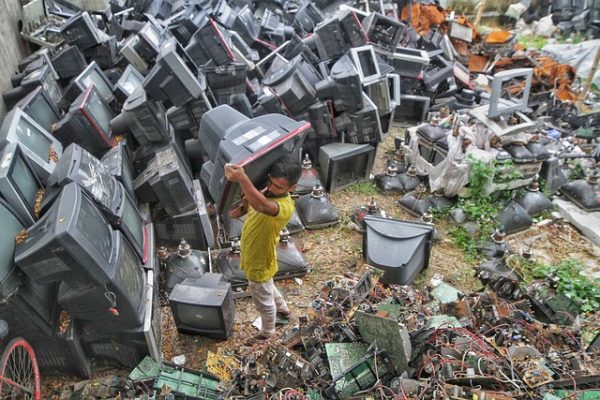 During recycling, according to a recent study,
During recycling, according to a recent study, 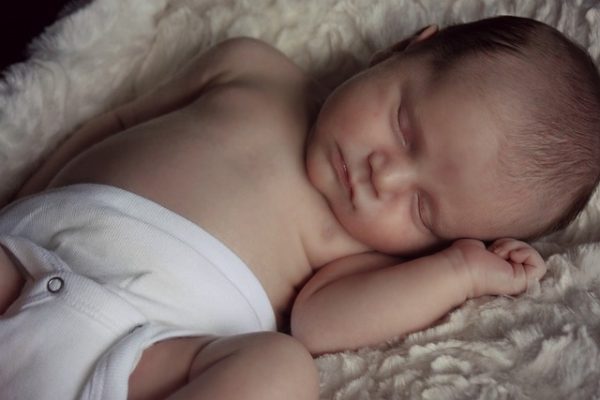 Recently, the Consumer Products and Safety Commission (CPSC) warned consumers, parents, and guardians not to use certain loungers made by Ningbo Tree Nest Children Products because they pose risks of suffocation, fall, and entrapment. The
Recently, the Consumer Products and Safety Commission (CPSC) warned consumers, parents, and guardians not to use certain loungers made by Ningbo Tree Nest Children Products because they pose risks of suffocation, fall, and entrapment. The 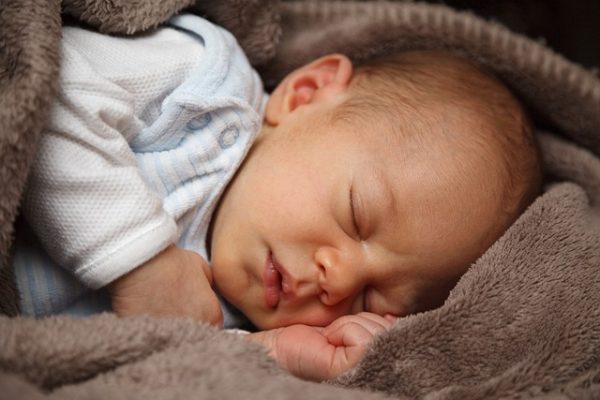 Public concern is growing that weighted infant sleepwear, including sleep sacks and swaddles, may be dangerous for babies, after warnings from medical experts, safe-sleep advocates and federal regulators. In response, Amazon, Target and Walmart
Public concern is growing that weighted infant sleepwear, including sleep sacks and swaddles, may be dangerous for babies, after warnings from medical experts, safe-sleep advocates and federal regulators. In response, Amazon, Target and Walmart 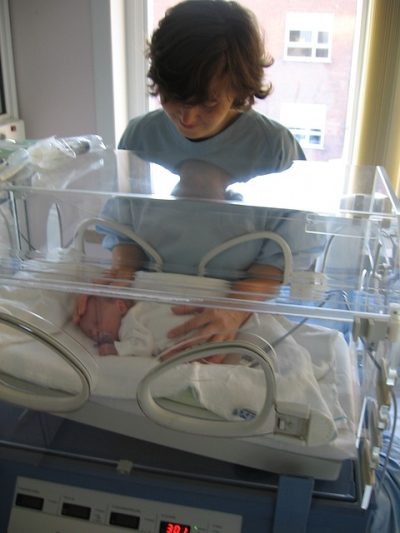 Thousands of parents have sued both Mead Johnson and Abbott for defects in their formula. In a recent landmark jury verdict, Mead Johnson, the baby formula manufacturer who makes Enfamil, including Enfamil Premature Nutrition Products, was recently
Thousands of parents have sued both Mead Johnson and Abbott for defects in their formula. In a recent landmark jury verdict, Mead Johnson, the baby formula manufacturer who makes Enfamil, including Enfamil Premature Nutrition Products, was recently 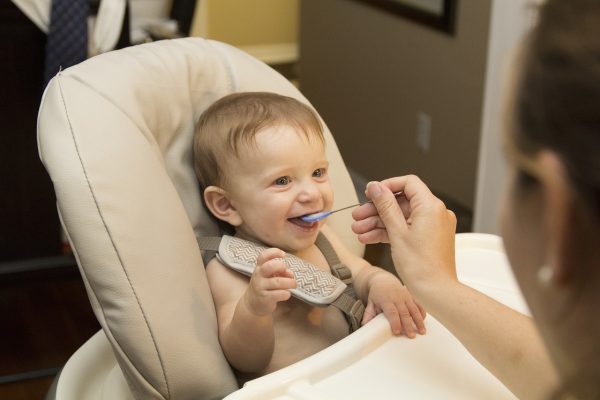 Recently, lawsuits regarding baby food contaminated with toxic heavy metals were
Recently, lawsuits regarding baby food contaminated with toxic heavy metals were 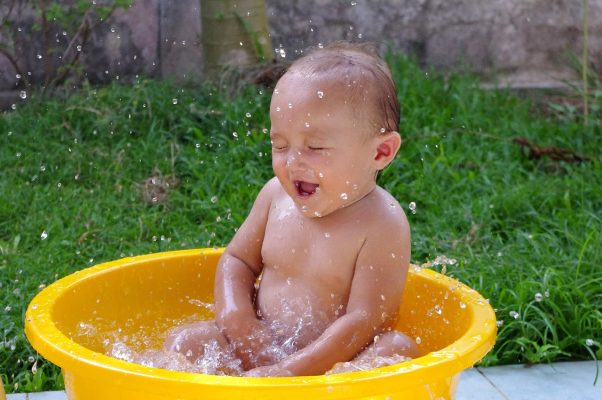 Three of the United States’s largest retailers, Amazon, Target, and Walmart, have
Three of the United States’s largest retailers, Amazon, Target, and Walmart, have 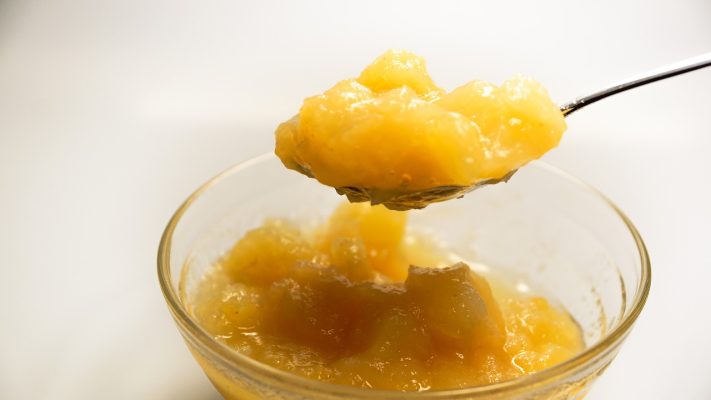 As we’ve previously related on this blog, the United States Food and Drug Administration has
As we’ve previously related on this blog, the United States Food and Drug Administration has 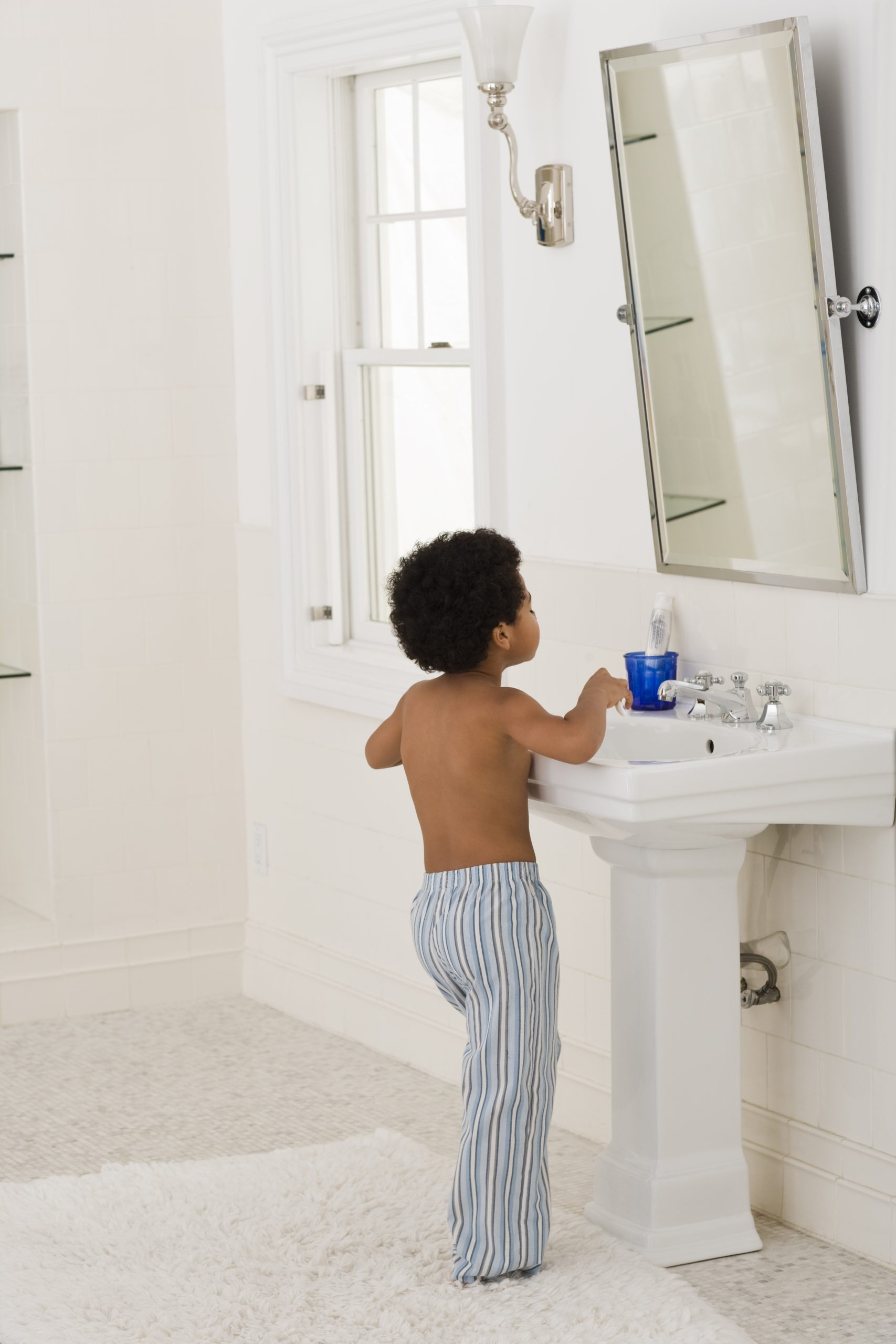 Why Are Children’s Pajamas Being Recalled?
Why Are Children’s Pajamas Being Recalled?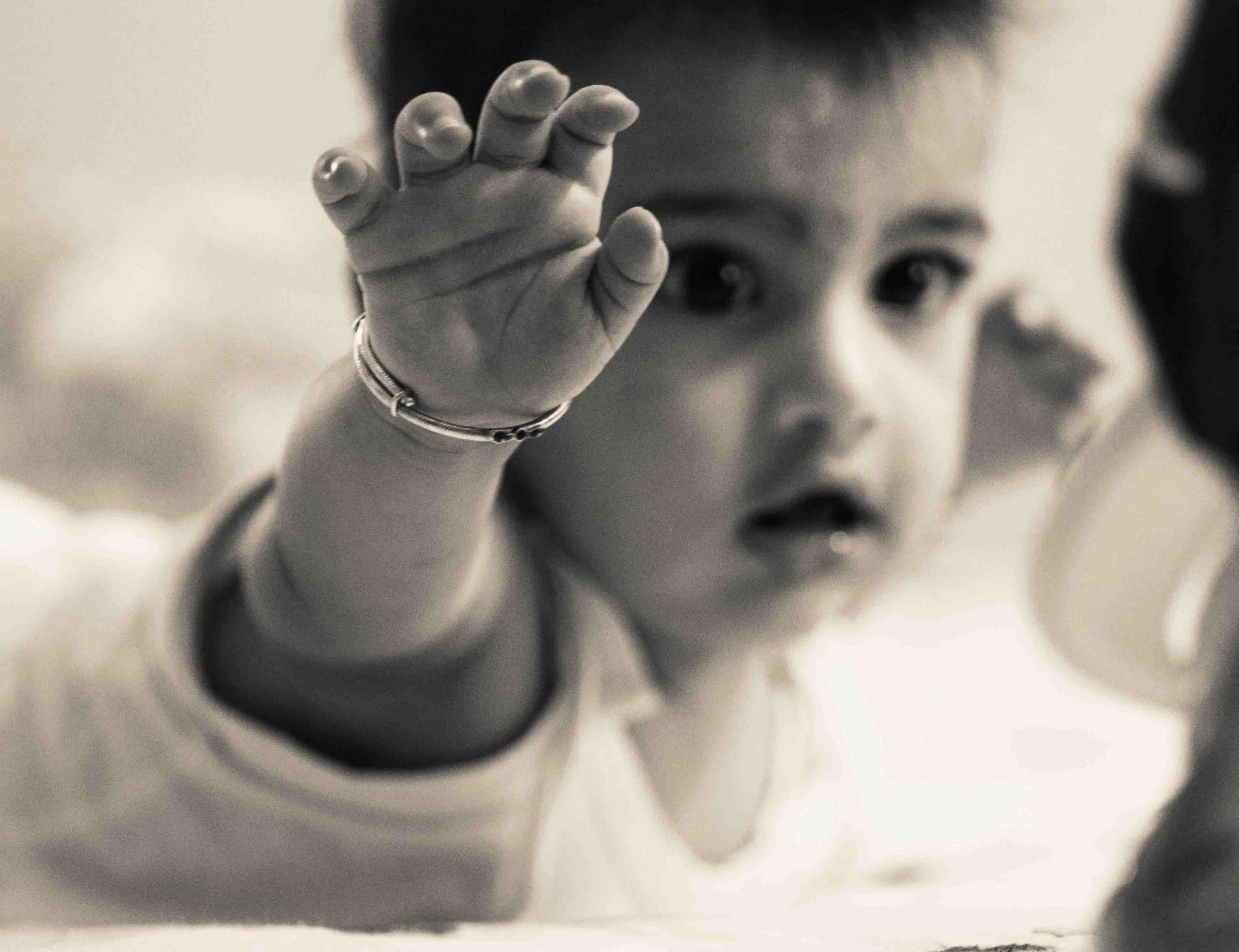 Fisher-Price recently recalled its
Fisher-Price recently recalled its